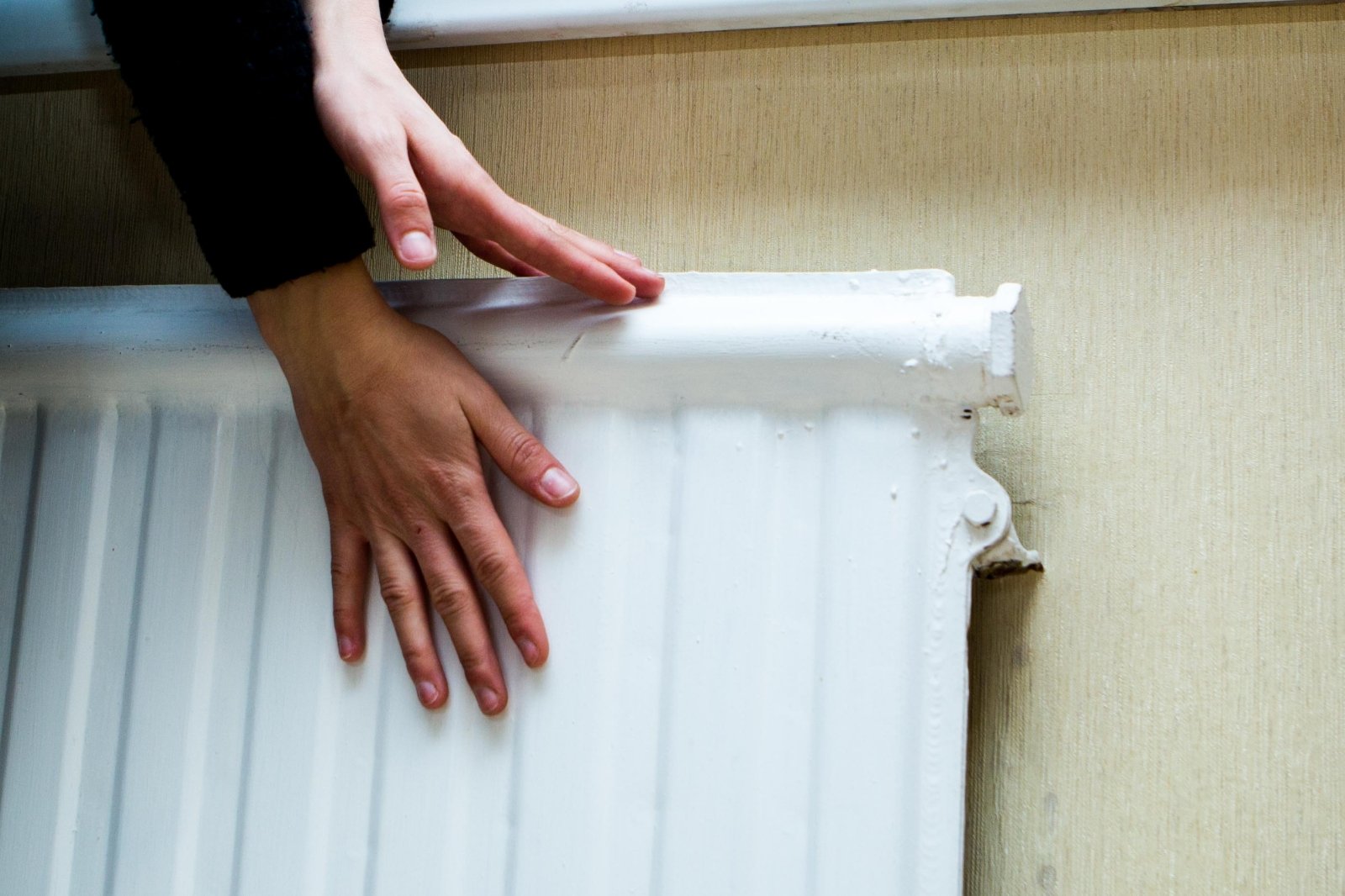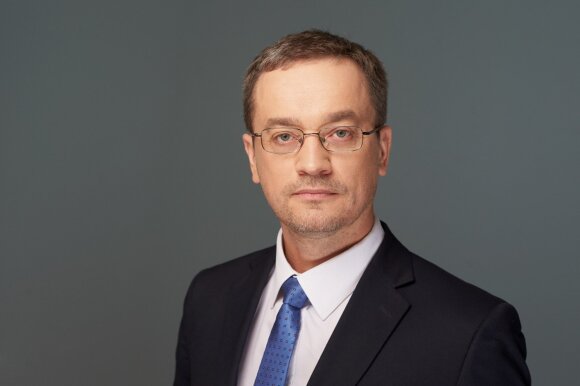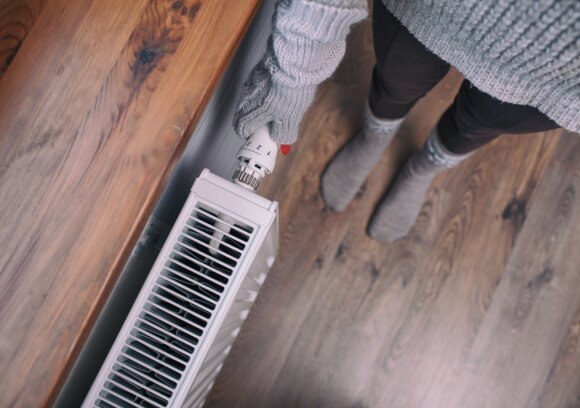
[ad_1]
The November auctions for heat production have already taken place and show that heat production has risen in price by 30 percent compared to last year. Production is not the total cost of heat: distribution and other components contribute to it.
“In Lithuania, the price has increased by about 30 percent, in Vilnius by 22 percent, in Kaunas by almost 74 percent, this is not a change in the final price for consumers, but in Kaunas, despite of all this, 74 percent. increase, it is still the cheapest heat in Lithuania. This is achieved by the competitive environment in the Kaunas market, where there is excess heat production capacity. This price, I want to emphasize, It is not the final price for consumers, it is the price at which the heat networks produce or buy it, after which it will still be necessary to supply that heat, ”said Vaidotas Jonutis, Baltpool’s Head of Sales Department.
He offered to assess prices not compared to last year, but over a longer period, as prices last year were at a record low.
“Our approach is different from the general vision now that there is a catastrophic situation in the state, and it is very complicated. (…) looking at the general statistics for 10 years, we had an extremely low price last year in the sense that it was the lowest since 2008. If we compare any service or product in this way, I don’t even know if it is possible to find something, except a mobile communication, which is cheaper since 2008 ”, said V. Jonutis.

Vaidotas Jonutis
© „Baltpool“
The State Energy Price Council (VERT) forecasts that heating prices will grow by 25 percent, but according to V. Jonutis, price growth may be higher, as in Lithuania it is still 30 percent. the heat is produced by burning natural gas at a record price. 60% of reported Vilnius heating networks V. Jonutis described the price increase as “modest”.
He estimated that in 2012, when Lithuania decided to build a liquefied natural gas terminal due to margins applied by Gazprom, natural gas cost 40 euros per megawatt-hour, but at the time the price seemed drastic, as gas in Europe cost 25 euros.
“It is a situation that we have today that the price of gas on the Dutch stock exchange yesterday reached 1,000 dollars per 1,000 cubic meters. This is twice the cost of gas in Lithuania when we made the decision to build an LNG terminal. In my opinion, the current situation with gas prices is catastrophic. The prices are so high that if we had the situation we had in 2012, heating prices today would probably be four times higher than what we are forecasting, ”said V. Jonutis.

Heating
© Adobe Stock
“The current price jump, as unpleasant as it may seem, should be considered a very low benchmark. (…) The prices were such that they even damaged the state in some way,” says V. Jonutis.
According to him, fuel costs in the cost of heat represent 30-40 percent of the final price of heating; everything else is wages, asset depreciation, a huge heat distribution system buried underground, as well as interest paid to banks, capital costs. And everything else.
“If the price of fuel fell to zero one day, which is impossible, the price of heat would not go down anywhere, it would fall about 40 percent. however, the fixed costs would still remain. Looking at those two price indicators, the price of gas and the price of biofuels, the main message would be that gas currently costs as much as ever, ”said V. Jonutis.
He explained that low Belarusian prices “spoiled” Lithuania, stopped the development of the biofuel sector here in Lithuania, so it was a problem. However, current biofuel prices, he said, are allowing this fuel industry to rebound, as biofuel prices are also extremely high.
“Prices recovered from abnormal prices, when they were 10.8 Eur / MWh, when the entire market considered that the sustainable price of the country should be around 15 EUR / MWh. Let’s imagine 30 percent less. Lithuania has bled a lot in the sense that the biofuels sector has collapsed in the last two years, ”noted V. Jonutis.
He emphasized that due to the sometimes higher price of natural gas, the price of environmental pollution permits has increased 15 times since 2012, in Lithuania since 2012. The work carried out in 2006 allowed to increase the price of heating by “only 25 percent”.
It is strictly forbidden to use the information published by DELFI on other websites, in the media or elsewhere, or to distribute our material in any way without consent, and if consent has been obtained, it is necessary to indicate DELFI as the source.
[ad_2]